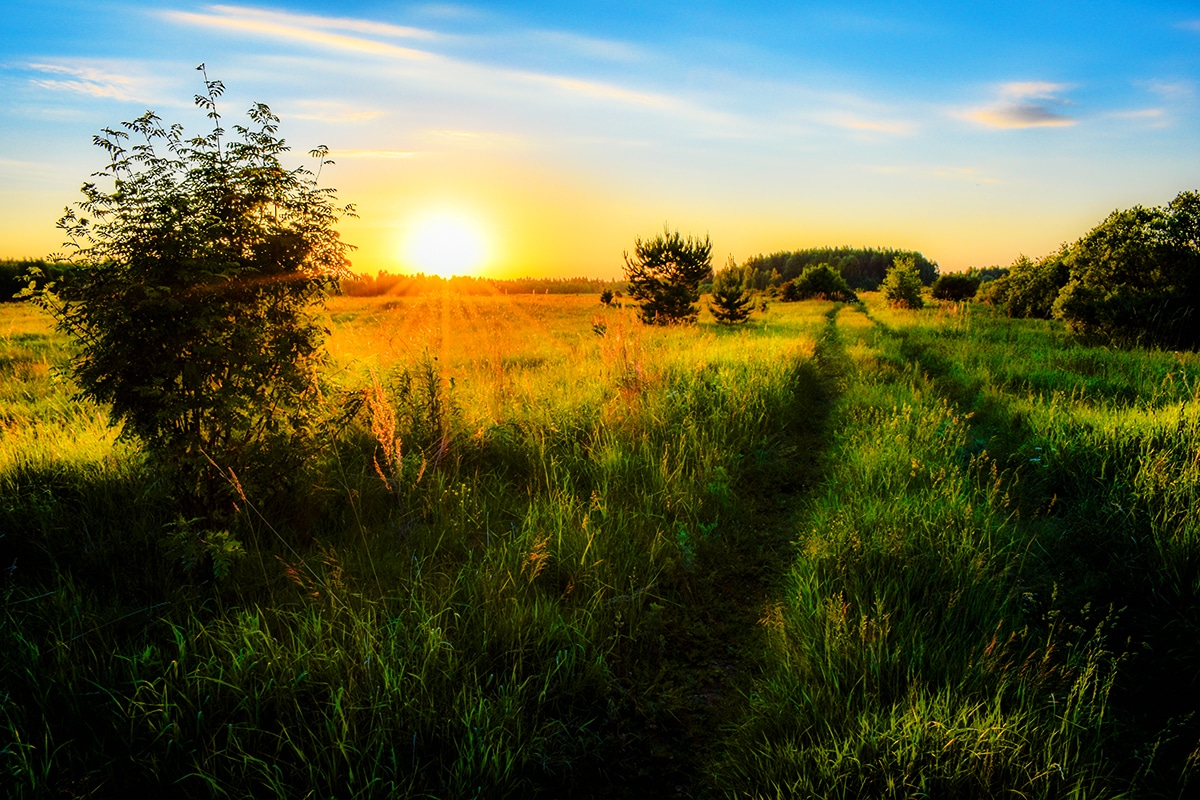The Beauty of Rural Houses: Why Rural Living is the Ultimate Escape
Are you tired of the hustle and bustle of city living? Do you crave a slower pace of life and a sense of community? Maybe it’s time to escape to the countryside and embrace the beauty of rural houses. There are many reasons to consider rural living, from the gorgeous scenery to the unbeatable sense of peace and quiet. In this article, we’ll explore why rural living is the ultimate escape and give you some tips and advice for making the transition.
The Benefits of Living in a Rural House
Living in a rural house offers many benefits that city-dwellers can only dream of. For one thing, the air is fresher and the surrounding countryside is often more pristine. There’s nothing like breathing in the crisp, clean air of the countryside after spending years in a smog-ridden city. Additionally, rural areas tend to be more peaceful and quiet than urban areas, making them ideal for those seeking a tranquil environment.
Another advantage of living in a rural house is the sense of community that often comes with it. Rural areas tend to be close-knit, with residents looking out for each other and coming together for community events. It’s not uncommon for rural residents to know all their neighbors and be on a first-name basis with many of them. This sense of community can be a welcome change for those who feel disconnected from others in the city.
The Beauty of Rural Houses
One of the best things about rural living is the character and charm of rural houses. From cozy cottages to sprawling farmhouses, rural houses often have unique architectural features and a rich history. Many rural properties have been passed down through generations, and their owners take great pride in maintaining them.
One common feature of rural houses is their use of local materials. Many rural properties are made with natural materials such as stone, wood or brick, giving them a warm and rustic feel. This natural aesthetic is often reflected in the landscaping around rural properties, which may feature gardens, hedgerows, and fields of wildflowers.
Another perk of rural houses is the possibility of having more space. Unlike cramped city apartments, rural houses often come with a large garden or even acres of surrounding land. This gives homeowners the opportunity to grow their own vegetables, keep pets, or even start their own farm.
Making the Transition to Rural Living
If you’re feeling inspired to make the move to rural living, there are a few things to keep in mind. Here are some tips and advice for making the transition as smooth as possible.
Research the Area: Before making the leap to rural living, it’s important to research the area thoroughly. Look for information about local schools, healthcare facilities, and job opportunities. Consider the quality of local services such as public transportation and internet connectivity. Make sure the area has everything you need to live comfortably.
Embrace the Culture: Rural living often comes with its own unique culture and customs. It’s important to embrace this culture and get involved in the local community. Attend events and festivals, volunteer, and meet your neighbors. This will help you to feel more connected and integrated in your new environment.
Be Prepared for the Weather: Rural areas often experience extreme weather conditions, from scorching summers to harsh winters. Make sure you’re prepared for whatever weather conditions your new area may experience. Invest in appropriate clothing, heating systems, and insulation for your home.
The Challenges of Rural Living
While rural living offers many benefits, it’s not without its challenges. Here are some of the potential downsides to consider before making the move.
Limited Services: Rural areas often have limited access to services such as healthcare, public transportation, and shopping centers. This can be a challenge for those accustomed to the convenience of urban living.
Long Commutes: If you work in the city, living in a rural area can mean longer commute times. This can be a downside for those who value their free time or have families to care for.
Isolation: While the sense of community in rural areas can be a positive, it can also lead to a sense of isolation for those who struggle to connect with others. Those accustomed to the hustle and bustle of city life may find rural living dull or uninspiring.
Summary
Rural living offers many benefits, from the natural beauty of rural houses to the sense of community that often comes with it. If you’re considering making the switch to rural living, be sure to do your research and embrace the local culture. While it’s not without its challenges, rural living can be a fulfilling and rewarding experience for those seeking a slower pace of life.
